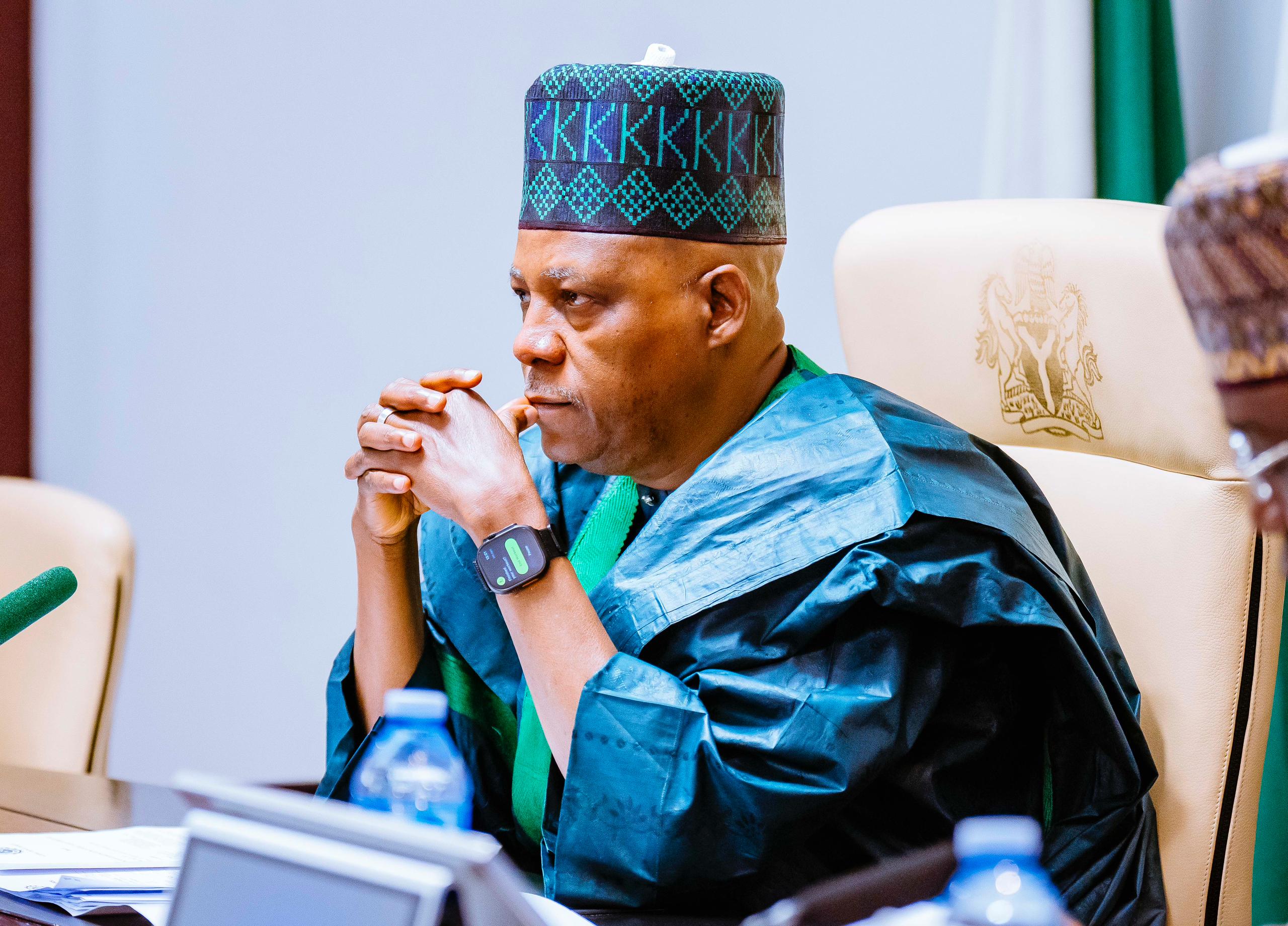The Nigerian government has officially ended fuel and foreign exchange subsidies, marking the end of a long-debated policy.
The Minister of Finance and Coordinating Minister of the Economy Wale Edun announced this on Thursday.
He spoke during the presentation of the Nigeria Development Update by the World Bank in Abuja.
The subsidies, the government said drained the country’s economy to the tune of N10 trillion, equivalent to five percent of Nigeria’s Gross Domestic Product (GDP).
“Fuel and FX subsidy are extinguished,” Edun declared.
To address the pressing issue of unemployment, the government has unveiled a new plan focused on housing finance.
This initiative features a mortgage scheme offering near single-digit interest rates, aimed at boosting construction activities and generating significant job creation.
“The plan will be anchored around mortgage and housing financing,” Edun stated.
At the same event, Central Bank of Nigeria (CBN) Governor, Mr. Olayemi Cardoso, shed light on the recent half-percent interest rate hike.
He said the Monetary Policy Committee (MPC) had anticipated the latest inflation trends, prompting the decision to increase the rate.
“Policies and decisions will be based on evidence and data going forward,” Cardoso said.
Here’s what the termination of the FX subsidy means:
1. Market-Driven Exchange Rate:
The government has traditionally provided subsidised rates for foreign currency, particularly the U.S. dollar, to specific sectors such as importers of essential goods and services. With the end of the subsidy, the exchange rate will now be determined more by market forces of supply and demand. This could lead to a convergence of the official exchange rate with the black-market or parallel exchange rate, potentially stabilizing the FX market in the long term.
2. Increased cost of imports:
With the removal of the FX subsidy, businesses that relied on cheap foreign currency for imports (like manufacturers or fuel importers) will now have to purchase dollars at higher rates. This may lead to higher prices for imported goods, contributing to inflation in the short term as companies pass on the increased costs to consumers.
3. Encouragement of local production:
Higher FX costs may incentivise Nigerian businesses to focus more on local production rather than importing goods. This could stimulate domestic industries and reduce the country’s reliance on imports, encouraging economic diversification.
4. Improved forex reserves:
By removing the FX subsidy, the Central Bank of Nigeria (CBN) could potentially improve its forex reserves. The government will no longer have to spend as much on subsidizing the exchange rate, allowing the country to retain more of its foreign currency reserves for critical needs.
5. Potential volatility:
In the short term, the removal of the subsidy could lead to increased volatility in the FX market, as the naira might experience fluctuations in value. This might create uncertainty for businesses and investors, but over time, the market is expected to stabilize as it adjusts to the new system.
6. Impact on Inflation:
Since Nigeria imports a large number of consumer goods, the end of the FX subsidy could contribute to rising inflation, as the cost of goods and services dependent on foreign currency will increase. This could have an impact on the cost of living for everyday Nigerians.








